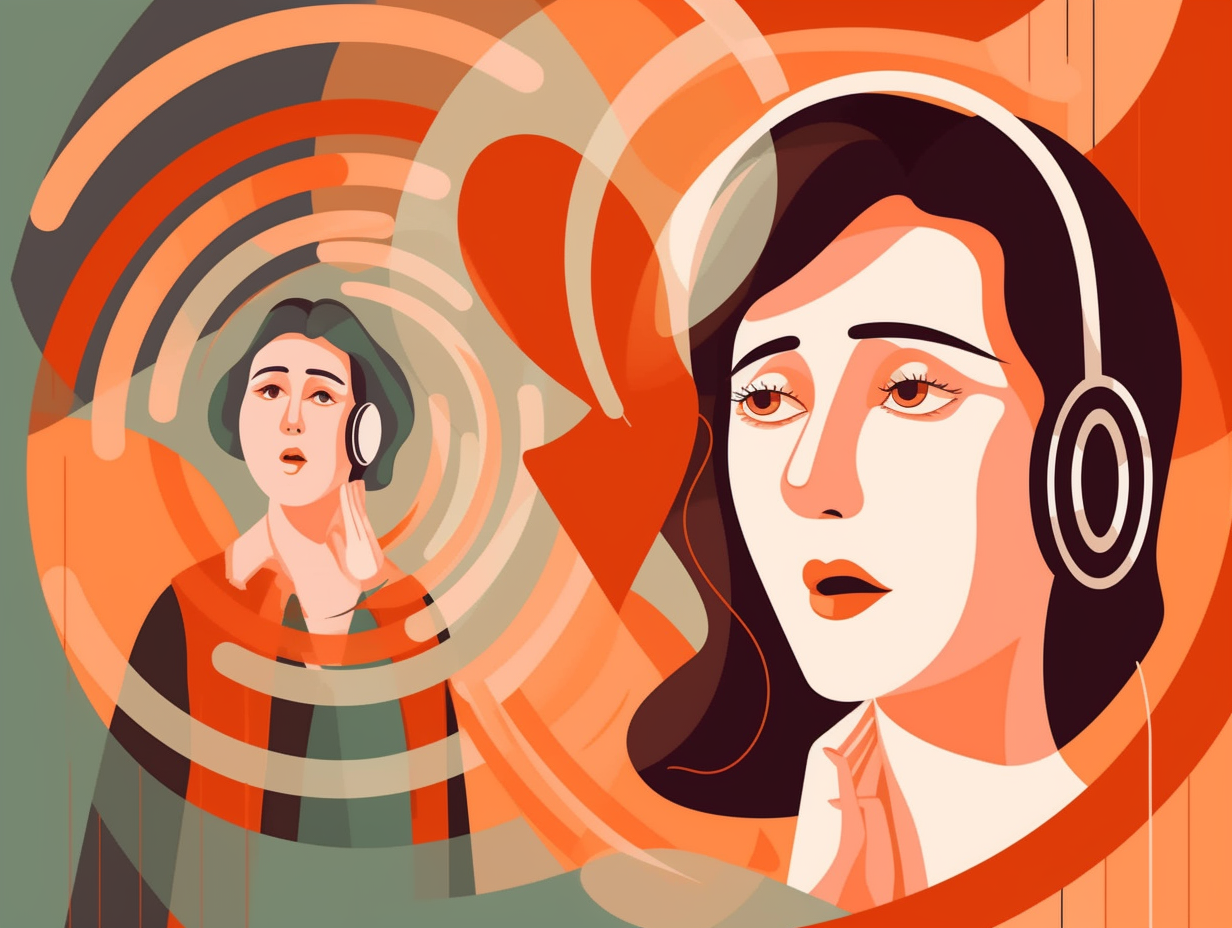Top 14 Fascinating Facts About Music Therapy: Discover the Power of Healing Melodies

1. Flexing muscles with music therapy
Who knew that tickling the ivories could help you flex some serious muscle? Researchers have discovered music therapy's secret superpower: Improving motor skills in individuals undergoing neurological rehabilitation! They found that there are two methods – individual and group sessions – both of which benefit from instrumental music performance therapy and music-supported therapy. Now that's music to our ears!
Source => pubmed.ncbi.nlm.nih.gov
2. Social groove for little Mozarts
Got a little Mozart in need of some social groove? Music therapy's here to make 'em move: Research indicates that music therapy can significantly improve social interaction, verbal and non-verbal communication skills, and even strengthen parent-child relationships in children with autism spectrum disorder (ASD) – all without any adverse side effects!
Source => ncbi.nlm.nih.gov

Did you know art therapy is a regulated mental health profession that uses creative processes to address individual needs and issues? Discover more about this fascinating field! 🎨🖌️
=> Fun Facts about Art-Therapy
3. Math whiz with a beat
Step aside, Pythagoras and your theorem; there's a new math whiz on the scene, and it's got a beat: Music therapy has been shown to not only improve cognitive abilities such as memory, reading comprehension, and math skills but also boost self-esteem and create a sense of accomplishment through the act of making music.
Source => medicalnewstoday.com
4. Maestros of mirth in healthcare
Who says laughter isn't the best medicine? In this case, it's time to face the music: Music therapy is a proven clinical approach that uses tunes to boost cognitive function, fight loneliness, and lighten one's mood. With degrees in music and healthcare, these maestros of mirth help Alzheimer's and dementia patients find their groove, guide the rhythmically challenged to their feet, and even assist the speechless in finding their voice. Talk about a symphony of success!
Source => usnews.com

5. Jamming for better mental health
Who knew jamming to your favorite tunes could be the ultimate brain workout: Music therapy has been proven to significantly improve mental health by reducing anxiety, depression, and PTSD symptoms, while also enhancing cognitive function and communication skills in individuals with neurological conditions like dementia and Parkinson's disease.
Source => ampersandintegrative.com
6. Jamming to enhance joint attention
Whoever said laughter is the best medicine never rocked out to their favorite tune: Music therapy has been proven to enhance joint attention and eye gaze in children with Autism Spectrum Disorder, leading to improved social behavior and a brighter future for those groovy little rock stars.
Source => pubmed.ncbi.nlm.nih.gov
7. Mozart lullabies for better sleep
If you're still counting sheep at night, try tuning into some Mozart instead: Research shows that listening to soothing tunes for 45 minutes before bedtime significantly improves sleep quality from the very first night, with a cumulative effect as it becomes part of one's nightly routine, making music therapy a perfect lullaby for sleep-deprived souls.
Source => sleepfoundation.org
8. Striking the right chord with academics
Who needs calculators when you've got a fiddle and a bow? Put away your abacus and whip out that trumpet because music lessons might just make your little Beethoven a math whiz too: studies show that learning to play a musical instrument can boost mathematical learning and enhance school performance in young children, making music therapy a fun and effective way to strike the right chord with academic success.
Source => unicef.org
9. Cultured kitties enjoy classical tunes
Forget "Cats" the musical: Feline friends prefer their tunes composed with whiskers and purrs in mind, as a study in the Journal of Feline Medicine and Surgery discovered. Hospitalized cats experienced decreased stress levels when listening to both cat-specific music and classical music, proving that a cultured kitty doesn't necessarily need nine lives to appreciate Beethoven.
Source => pubmed.ncbi.nlm.nih.gov

10. Drumming for better communication
When your favorite music makes you feel like you just scored the winning lottery ticket or had a pony hand-deliver a pizza to your doorstep: Music therapy can actually benefit speech production and communication, with activities like drumming proving especially effective in encouraging participation and accelerating rehabilitation.
Source => imnf.org
11. Karaoke shrink and socialization
Who needs a talking therapist when you can have a karaoke shrink: Music therapy has been proven to improve socialization, well-being, and community integration for individuals with mental health conditions, particularly those with schizophrenia, by reducing symptoms and enhancing emotional expression and social skills during long-term weekly group sessions.
Source => tandfonline.com
12. Sick beats for neurological healing
Whoever said laughter is the best medicine clearly never jammed to a sick beat: Neurological Music Therapy has been proven to enhance gross motor signals like gait and balance in those with Parkinson's disease and other neurological movement disorders, as supported by scientific research and studies.
Source => parkinsonsresource.org
13. Barbershop quartets conquer cravings
Who knew Barbershop quartets could be the key to sobriety? Harmonious hootenannies may just be the antidote for boozehounds on a bender: A study conducted in China discovered that combining group music therapy with emotion-regulation skills, like breathing exercises and mindfulness, significantly lowered anxiety, improved sleep, and reduced alcohol cravings in male patients with alcohol dependence.
Source => frontiersin.org
14. Gait training with groove therapy
Who needs a metronome when you've got music therapy? This harmonious healing method could put Fred Astaire's fancy footwork to shame: Music therapy assists stroke victims in regaining their walking prowess by incorporating steady beats and rhythms to enhance their gait training.
Source => greatspeech.com
Related Fun Facts




















